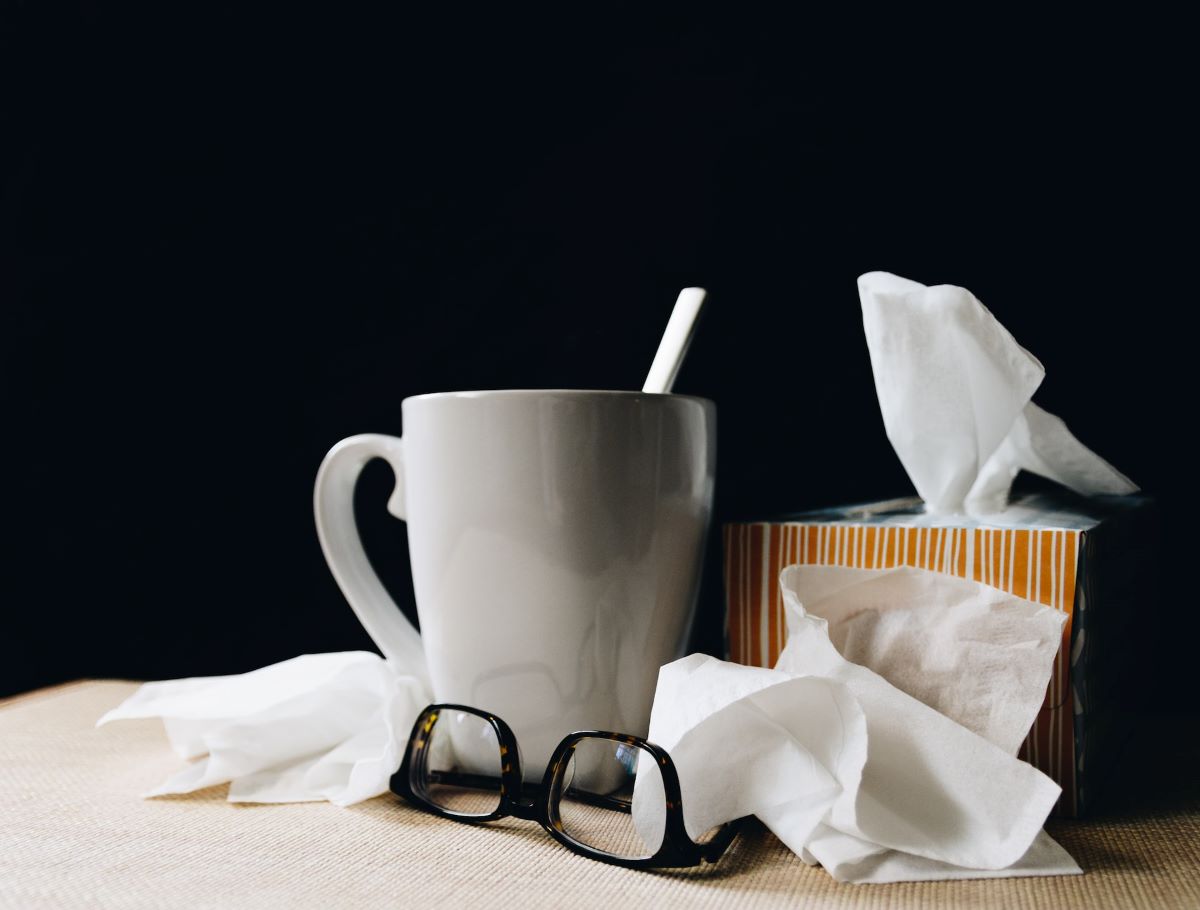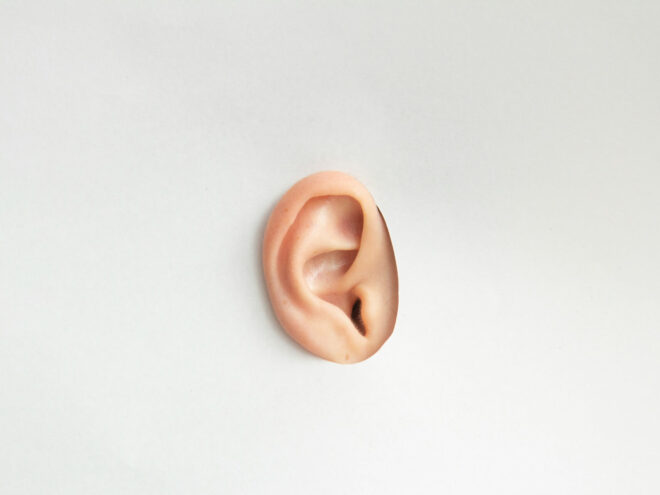Natural Remedies • 12/30/2022
Top 4 Essential Oils for When You’re Sick

Revivalist is a reader-supported endeavor and our posts may contain affiliate links. When you buy through links on our site, we may earn an affiliate commission.
Cold and flu season is upon us, whether we’re ready or not. Unfortunately, there isn’t much you can do to cure yourself, but you can help negate your symptoms. OTC remedies abound at the drugstore. These pills, creams, liquids and gummies might help you feel better, but do you really know what you’re ingesting or applying? The ingredients lists sound like a bunch of mumbo jumbo. There has to be a better solution.
Essential Oils for When You’re Sick
If you want a more natural remedy, you might not need to look further than your cabinets. Did you know you can use essential oils to help you feel better? They can help reduce cough and congestion, and some have antibacterial properties beneficial for cleaning surfaces. We’ve rounded up the best essential oils for when you’re sick, so you can skip the trip to the store and focus on feeling better.
1. Lemon
Lemon essential oil comes from steaming or cold-pressing the peel of the fruit. It has a calming effect that can help reduce your body’s reaction to pain and discomfort. This essential oil also has the ability to soothe your throat by relaxing the muscles.
2. Peppermint
You’ll find the invigorating smell of peppermint in many OTC cold products. However, most commonly, those remedies only bear the scent and none of the benefits of natural peppermint essential oil. This oil can open your airways and help you breathe much easier for a while when you find yourself congested.
3. Tea Tree
Derived from the Australian tea tree, this essential oil boasts amazing anti-fungal, anti-microbial and anti-bacterial properties. Spray it around your home and add it to a diffuser to enjoy the relaxing smell and germ-killing qualities.
4. Eucalyptus
Eucalyptus is such a calming scent, but its healing properties go far beyond the senses. It functions as an antimicrobial and antiviral as well as an anti-inflammatory. While studies are certainly still needed, many believe you can fight infection with this oil and even break a fever.
Methods for Using Essential Oils When Sick
While you may be used to using a diffuser for your essential oils, you actually have quite a few different possibilities when using essential oils for when you’re sick.
Massage Topically
You can apply many essential oils topically to relieve symptoms like congestion in your nasal passages or sore muscles from the flu. Bear in mind essential oils are incredibly potent, so you should avoid applying them directly to your skin. Instead, mix a drop or two into a carrier like coconut or olive oil.
Dilute as a Room Spray
Sneezing and coughing release countless germs into the air and onto your surfaces. To prevent the spread of viruses and bacteria, dilute an essential oil with antibacterial properties into a glass spray bottle. Spray liberally around your home to rid yourself of unwanted germs.
Add to a Bath
Adding one or two of these essential oils to a hot bath offers you the benefits of topical application and the diffused aroma. The steam from the tub will open your airways and pores, allowing the oils to penetrate more effectively.
Diffuse
The standard method of use for essential oils is to use a diffuser. If you don’t already have one, you can find relatively inexpensive options. However, if you don’t want to spend the money on another gadget, you can diffuse your diluted oils of choice in a pot on the stove or resting on a wood-burning fireplace.
A Word of Caution
While many people swear by the effects of essentials for when you’re sick, there isn’t much scientific research to back up the claims. Pregnant or breastfeeding women should avoid using these due to the lack of knowledge concerning essential oil use with infants and unborn babies — many are even known to cause harm. Pet owners should also use caution since some may be toxic to cats and dogs when ingested or inhaled.
Subscribe to Our Weekly Newsletter
We would love to connect deeper with you!


